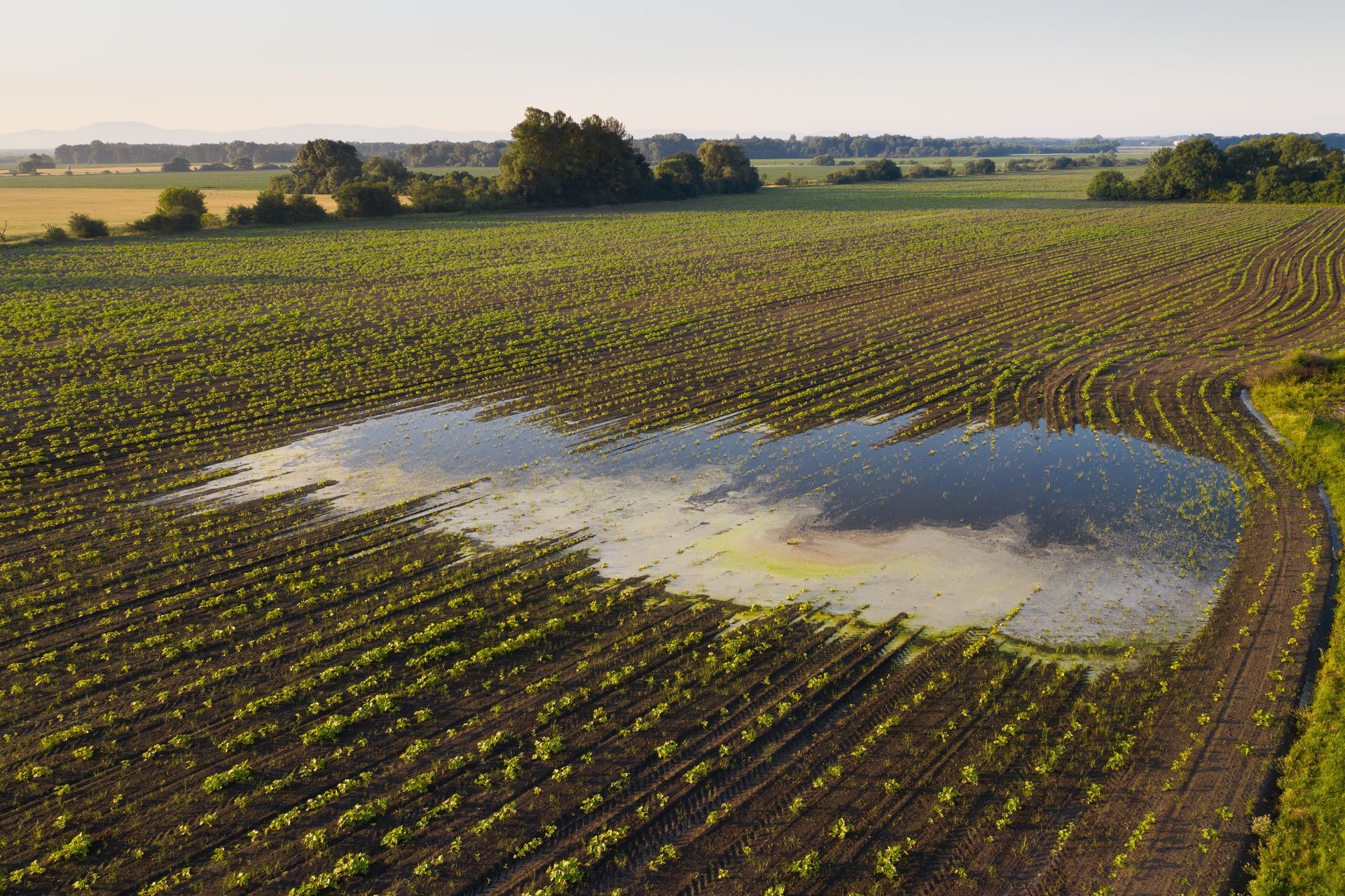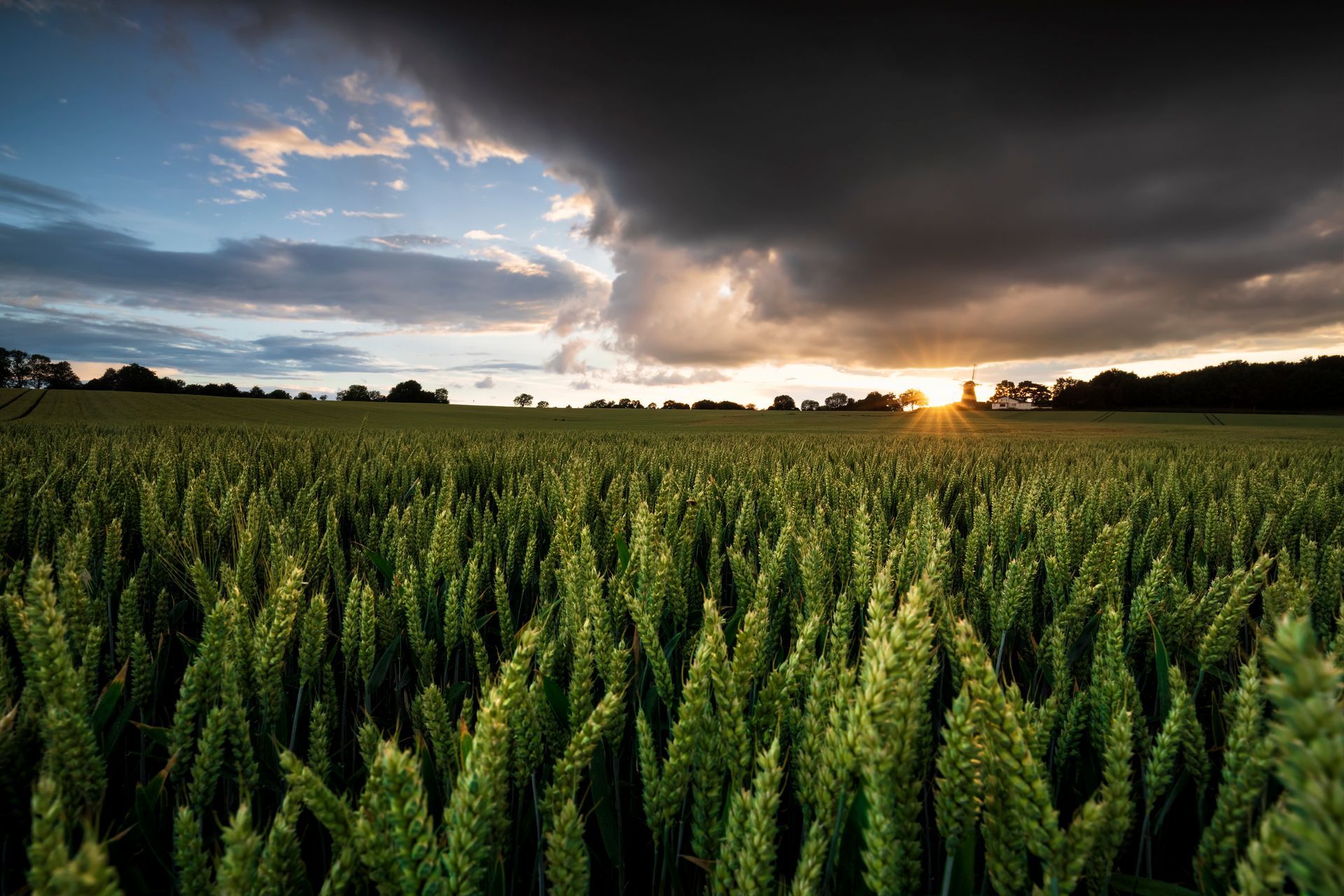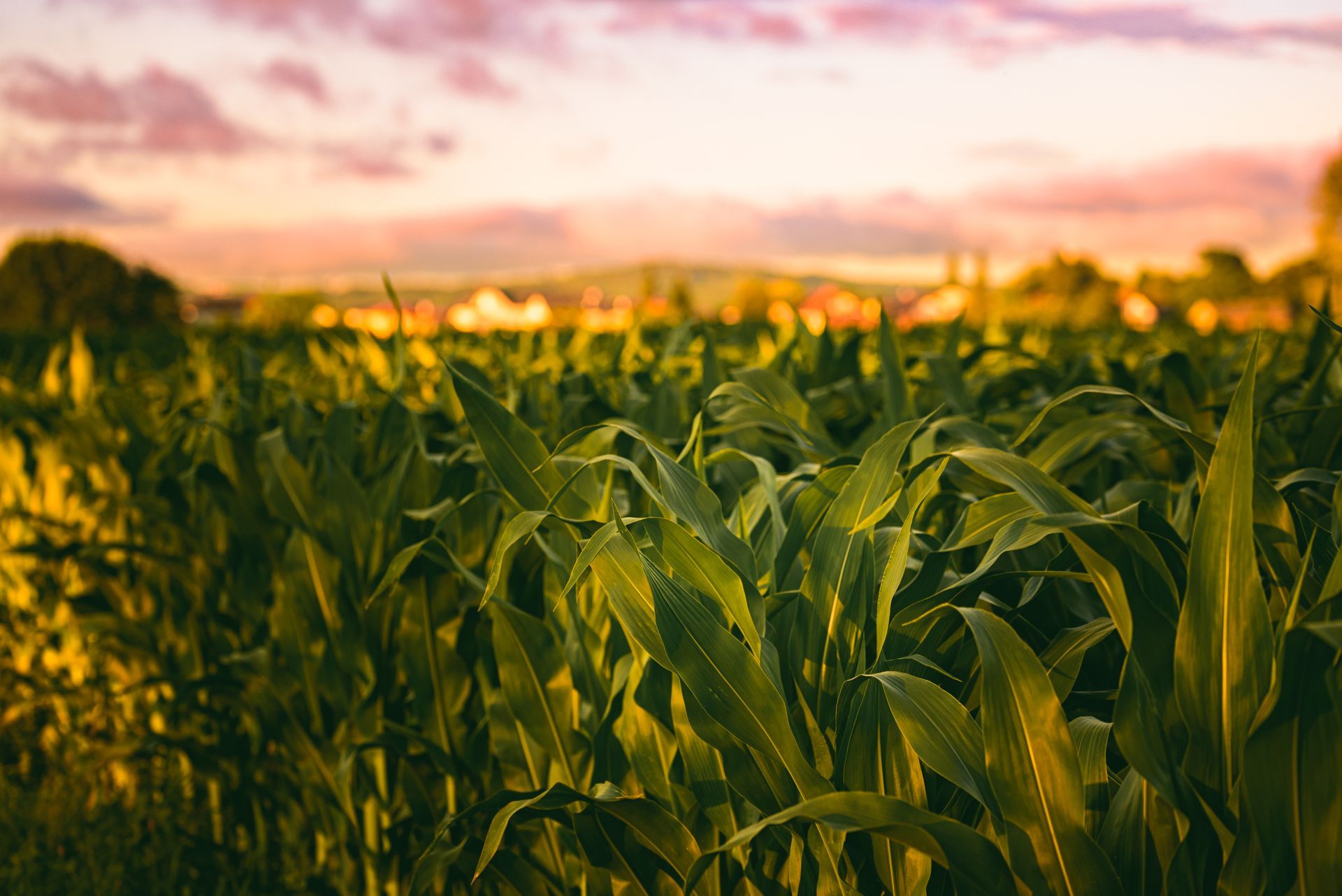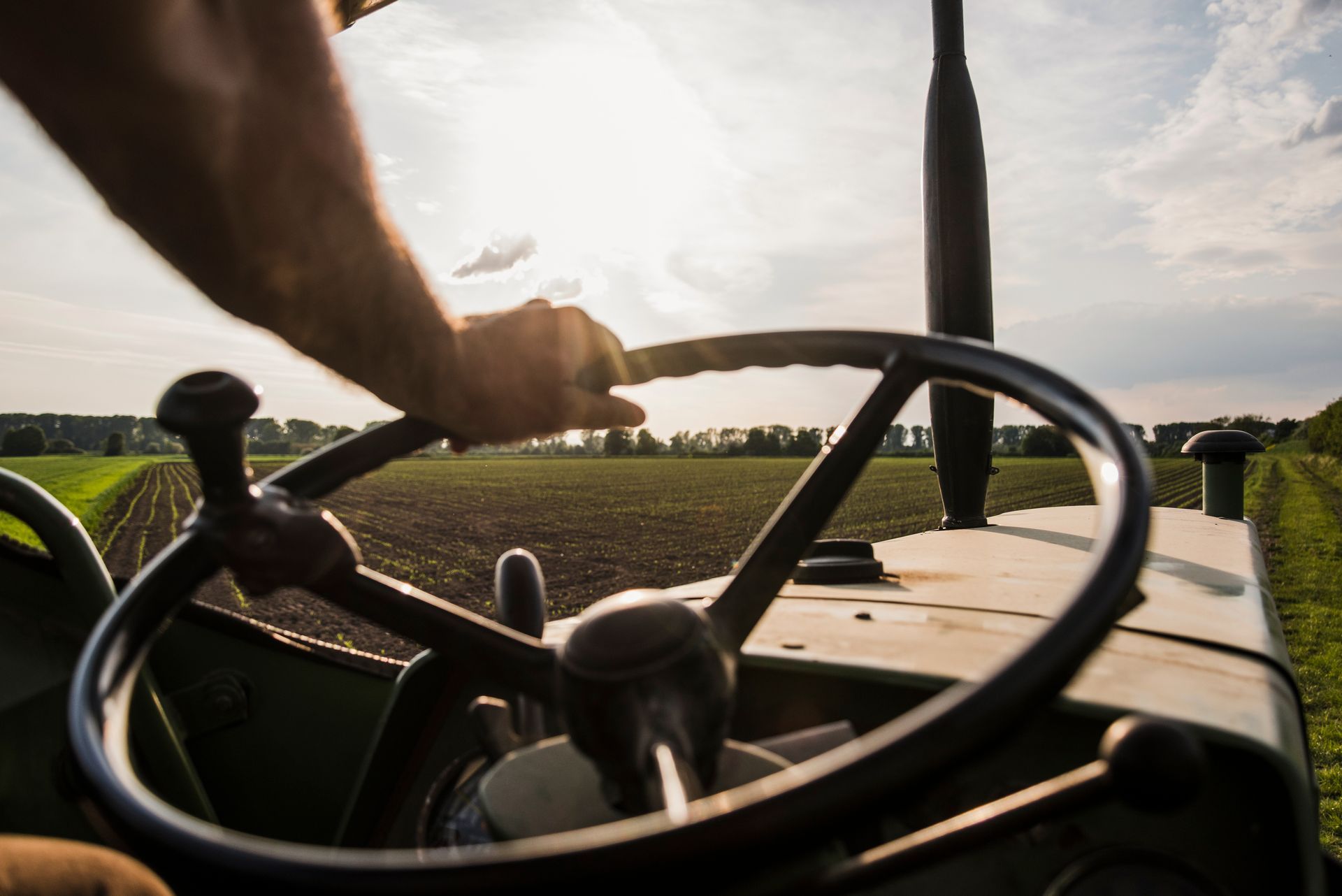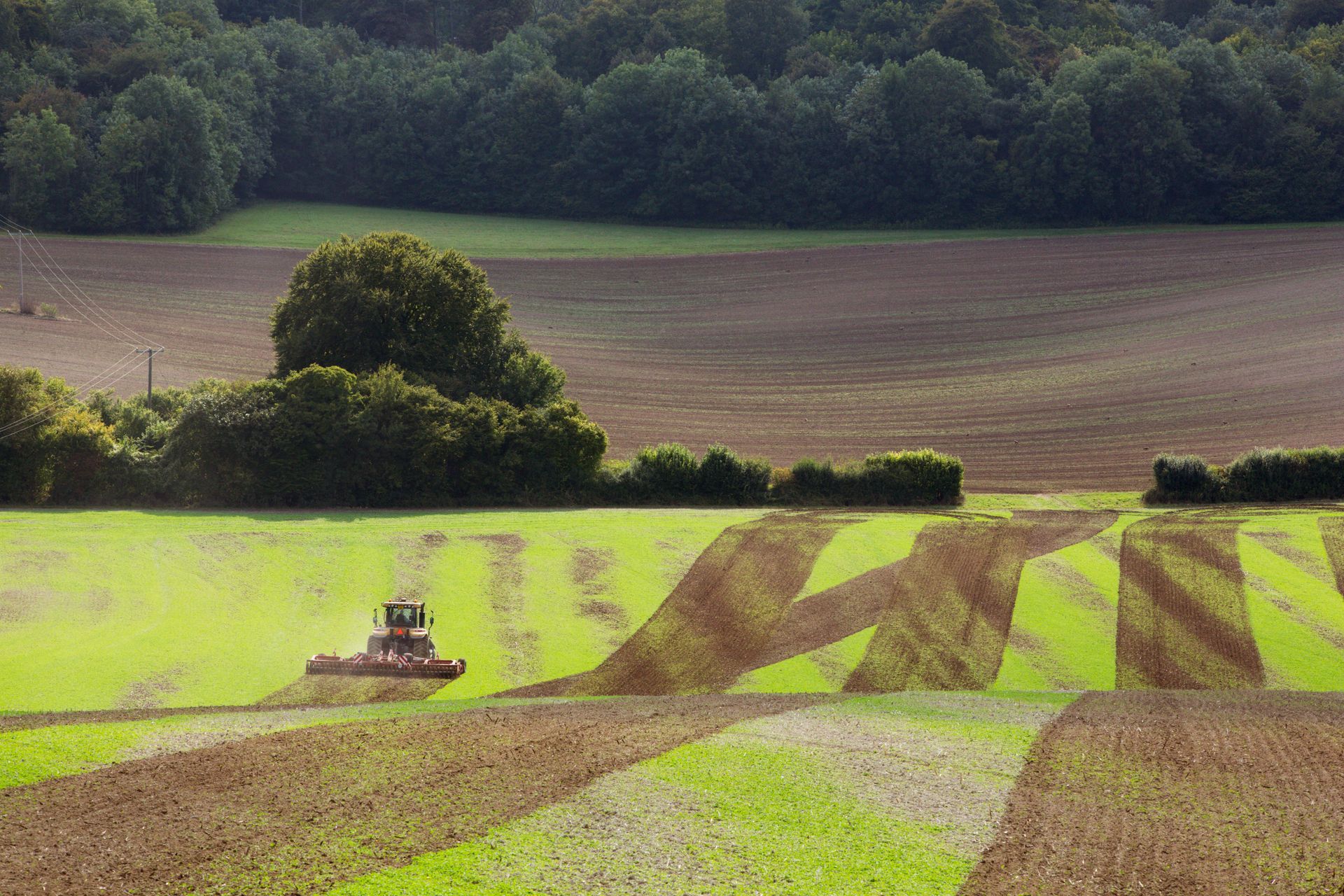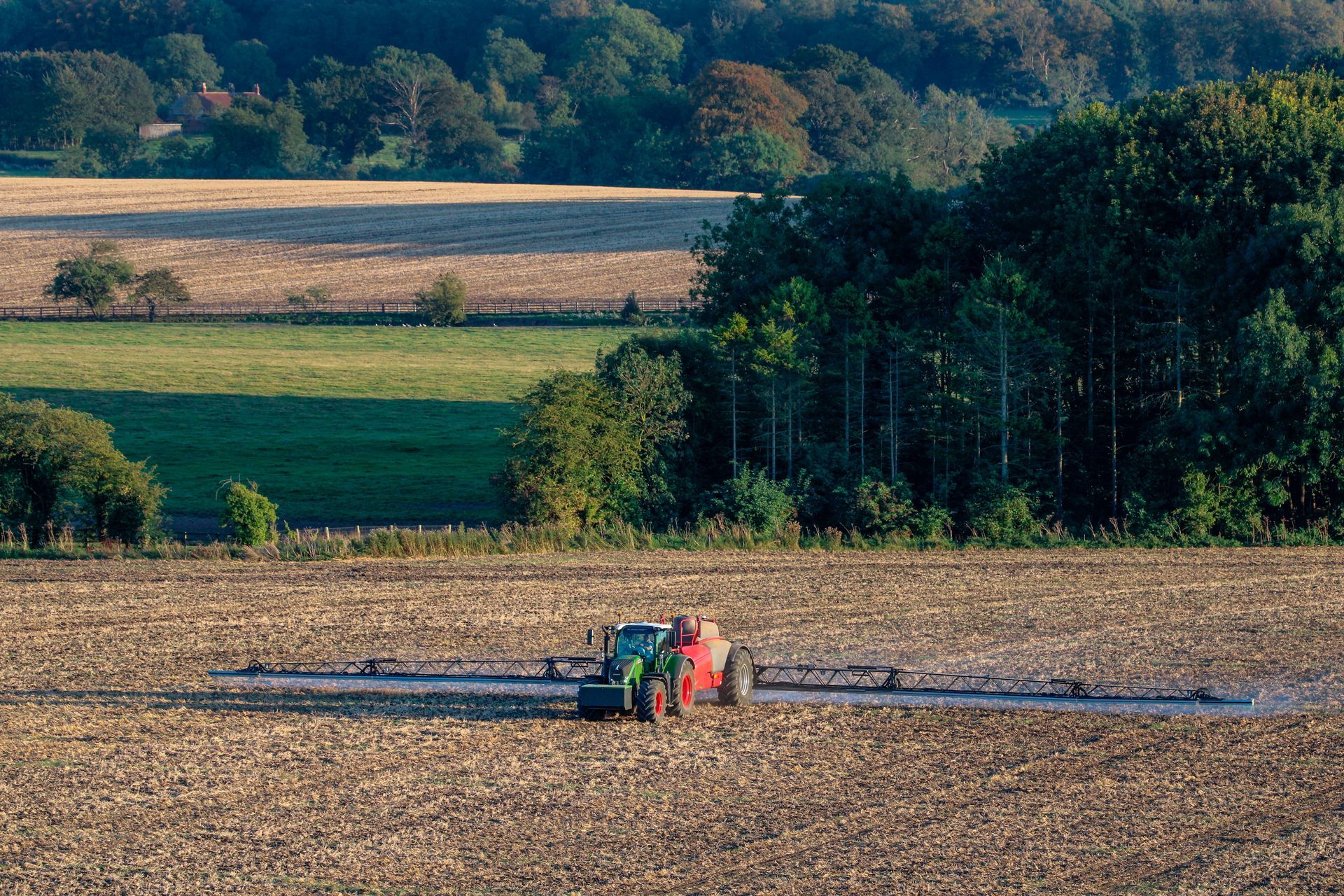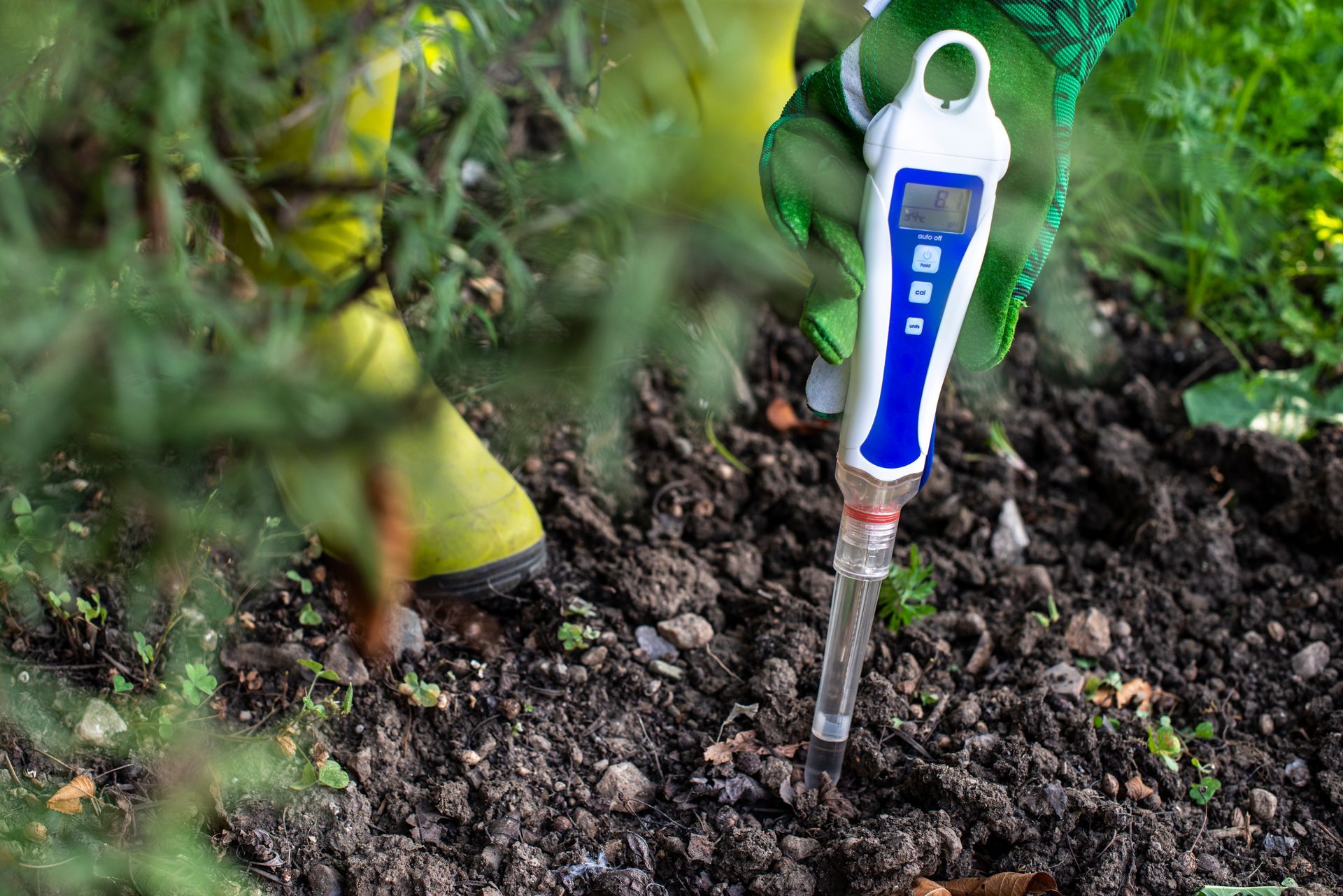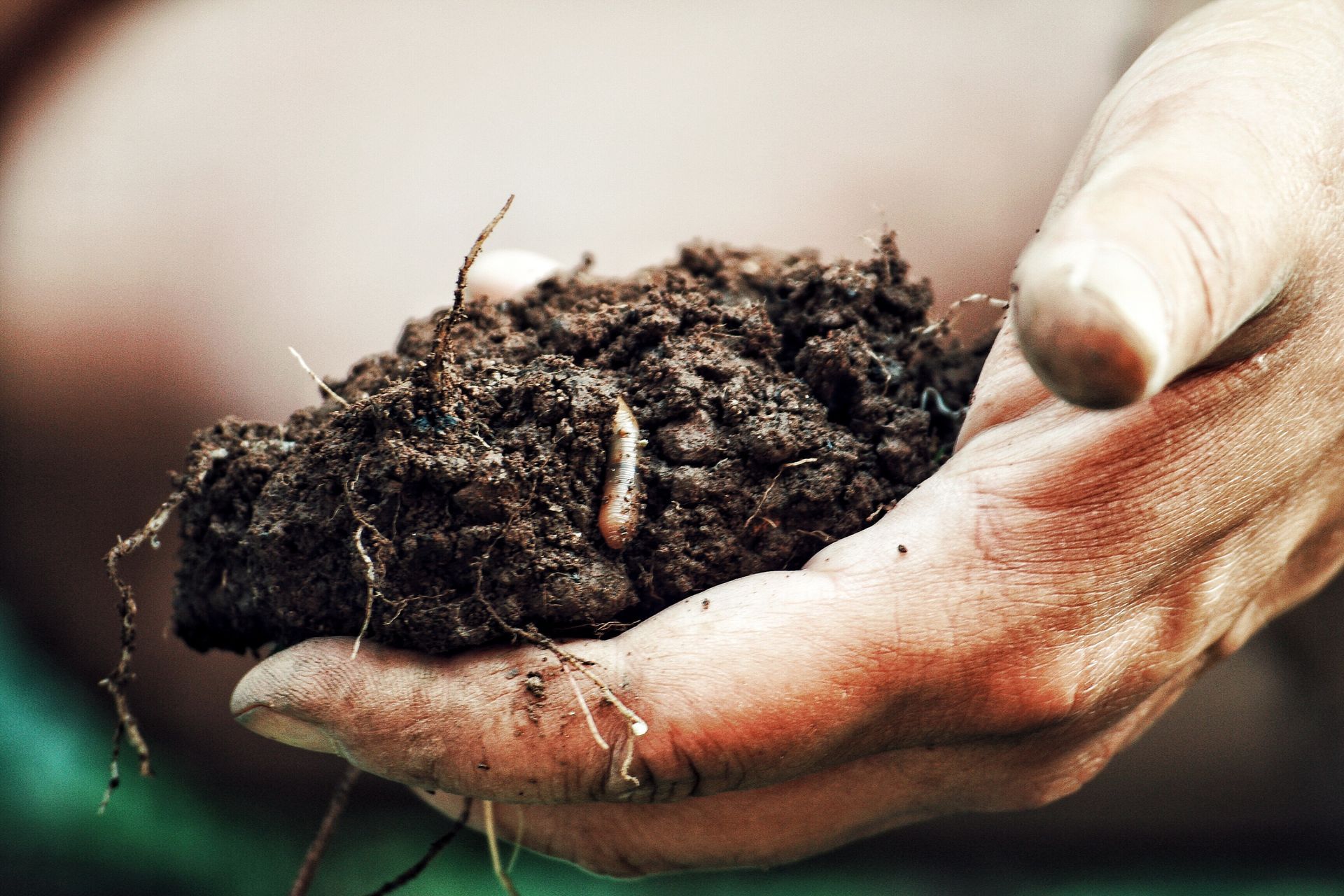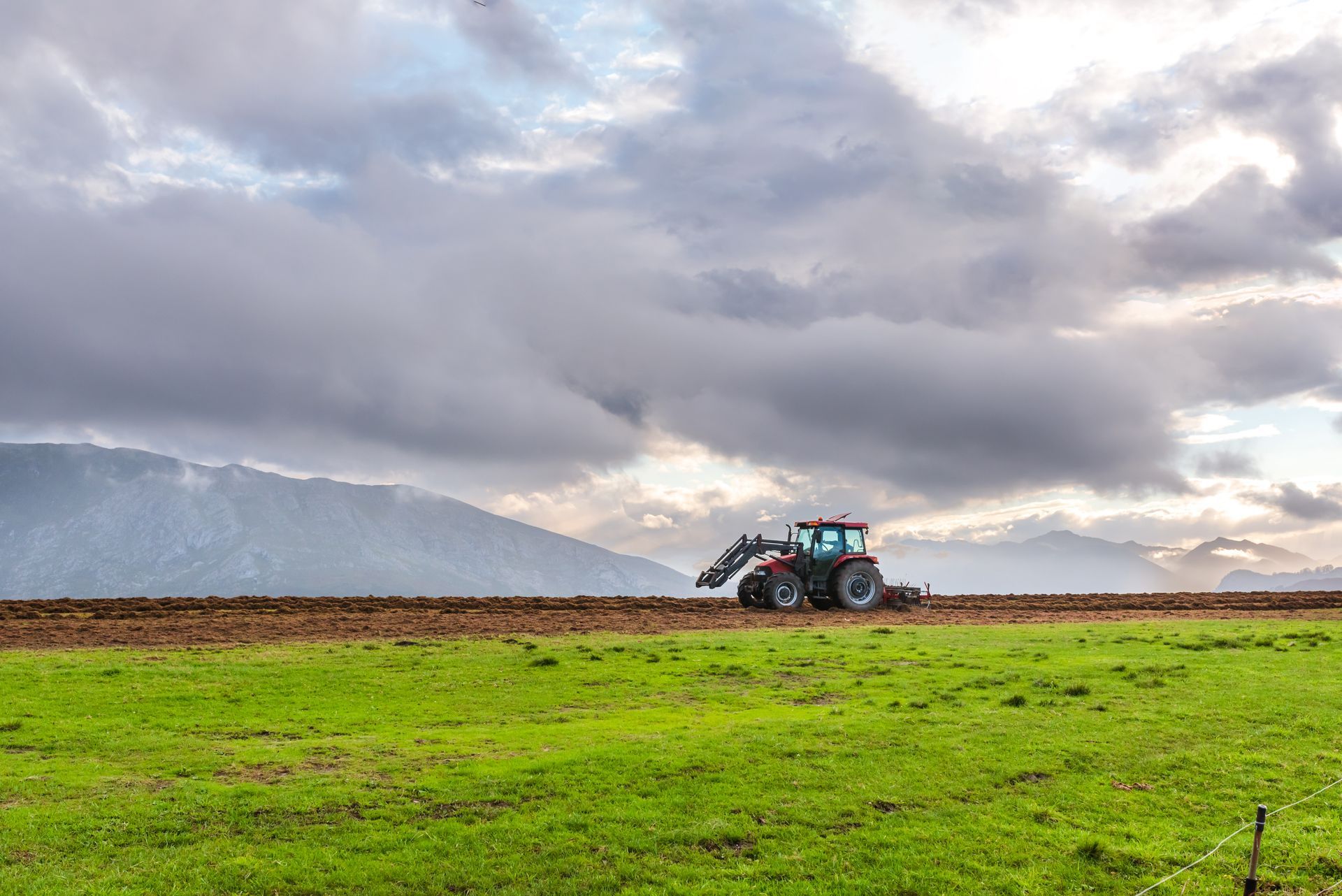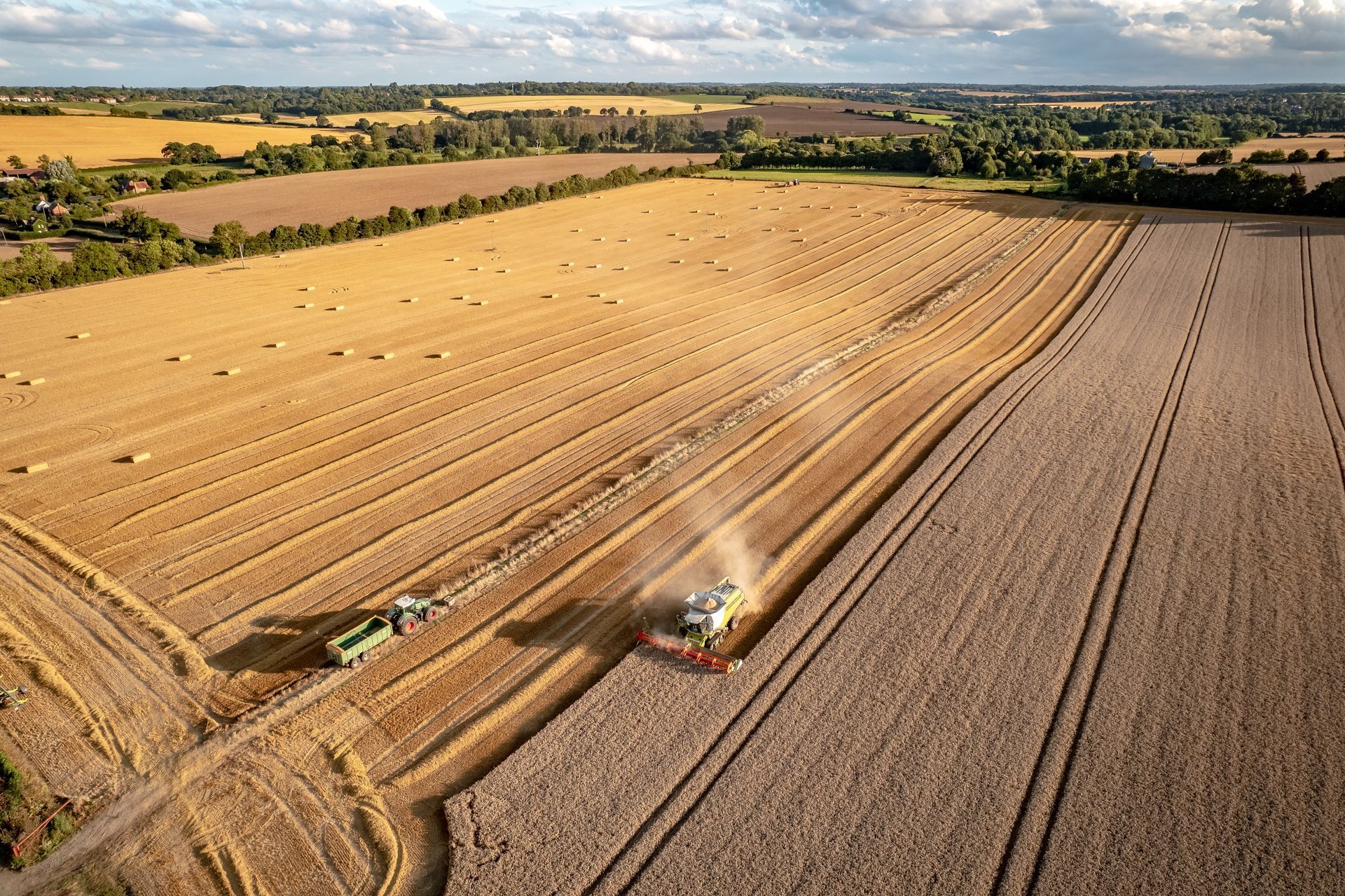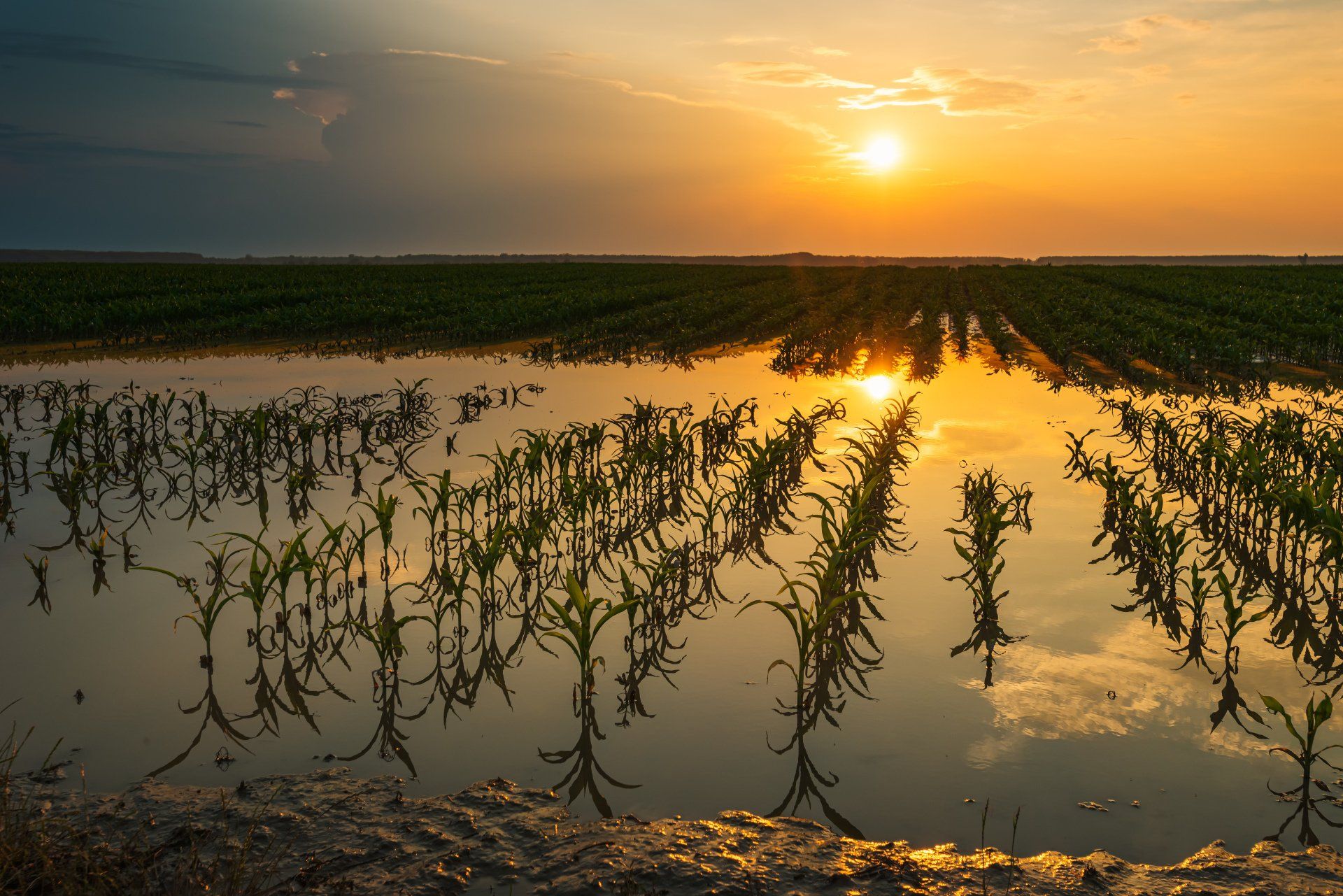Common Causes of Soil Compaction
Soil compaction can create serious issues for any farm. When soil particles are pressed too tightly together, they can keep crop roots from being able to access water, air, and other vital nutrients. This could even cause crops to starve. Understanding common causes of compaction can help you take action to address these issues.
Excess Water
Too much water can create harsh growing conditions. Wet soil has low porosity and poor aeration, making it difficult for roots to absorb needed nutrients. Drainage solutions should be put in place to remove excess water so that the soil’s moisture levels don’t get too high.
Use of Heavy Equipment
The heavy equipment that is used for plowing and other activities in conventional farming applies significant pressure to the soil. The weight and pressure from your farm equipment is often enough to compact the soil on its own. However, repeat treatment of an area can also destroy aggregates in the soil, potentially leading to additional compaction of the subsoil.
Thatch Buildup
While soil should have a good mix of organic materials to provide necessary nutrients to your crops, you should be mindful of potential thatch buildup. Significant accumulation of dead stems and roots can actually increase topsoil compaction and suffocate crops by making it harder for air and water to reach the soil.
At Richland Micro Drainage, our unique drainage solutions can help mitigate common soil compaction issues, ensuring better water infiltration and retention of organic nutrients.
Contact us today to learn more about how our systems can improve soil health and crop yield.
